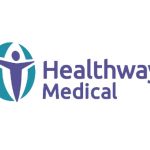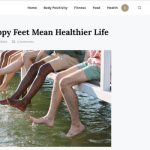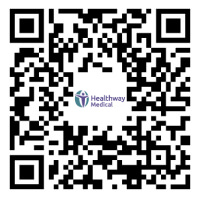In conjunction with World Hepatitis Day on 28 July 2018, Dr Eric Wee, Senior Consultant Gastroenterologist from Nobel Gastroenterology Centre (Healthway Medical Group), spoke about the preventive measures and treatments for hepatitis B and C in Singapore.
Based on World Health Organisation’s (WHO) statistics, there are 6 to 10 million new cases of hepatitis B and hepatitis C reported each year. WHO’s Global Hepatitis Program aims to reduce the incidence of new hepatitis cases by 90%, which is less than a million cases.
Singapore has adopted preventive measures to reduce the transmission of viral hepatitis. These include mandatory hepatitis B vaccination at birth, prevention of mother-to-baby transmission of hepatitis B by screening pregnant women routinely, screening blood products for viruses, and ensuring a high level of sterility in our medical facilities.
Dr Wee explained that a new class of Hepatitis C drugs known as direct-acting antivirals (DAA) are available to his patients. DAAs are able to eradicate hepatitis C, an infection once believed to be chronic.
As for hepatitis B, whilst this infection may be controlled with medicines, it remains incurable. Novel compounds, which may cure hepatitis B are currently being investigated. Many of these compounds are currently in phase 2 clinical trials, which means that we are on the horizon of realizing a functional cure.
These interventions and advances in modern medicine have shown positive results in Singapore. Dr Wee shared that a study published in 2013 indicated that the local prevalence of Hepatitis B amongst children and adolescents had diminished to less than 1%.
Dr Wee cautions that individuals with viral hepatitis B and C are typically free of symptoms. When symptoms are apparent, the disease is often at an advanced stage. Hence, he advises that high-risk individuals such as those with kidney failure who are on dialysis, and individuals with a family history of hepatitis B should consider screening for hepatitis B.
Dr Wee concluded his interview by highlighting that in Asia, the most common mode of transmission for hepatitis B is from a mother to her baby during childbirth. By prescribing an antiviral drug to a pregnant woman with hepatitis B in her third trimester, and vaccinating her baby at birth, the risk of vertical transmission is significantly reduced.
You can also watch the interview from the link below:








